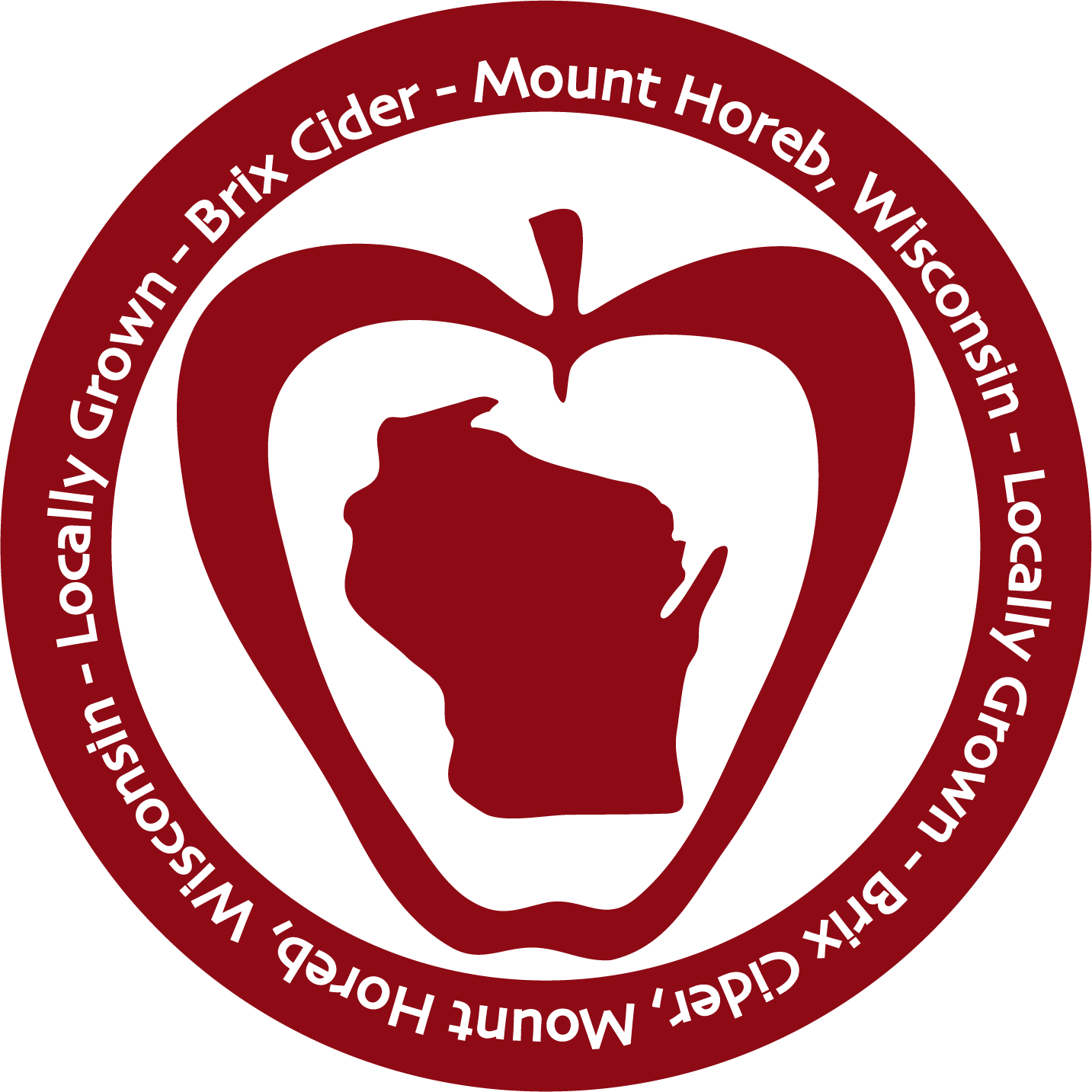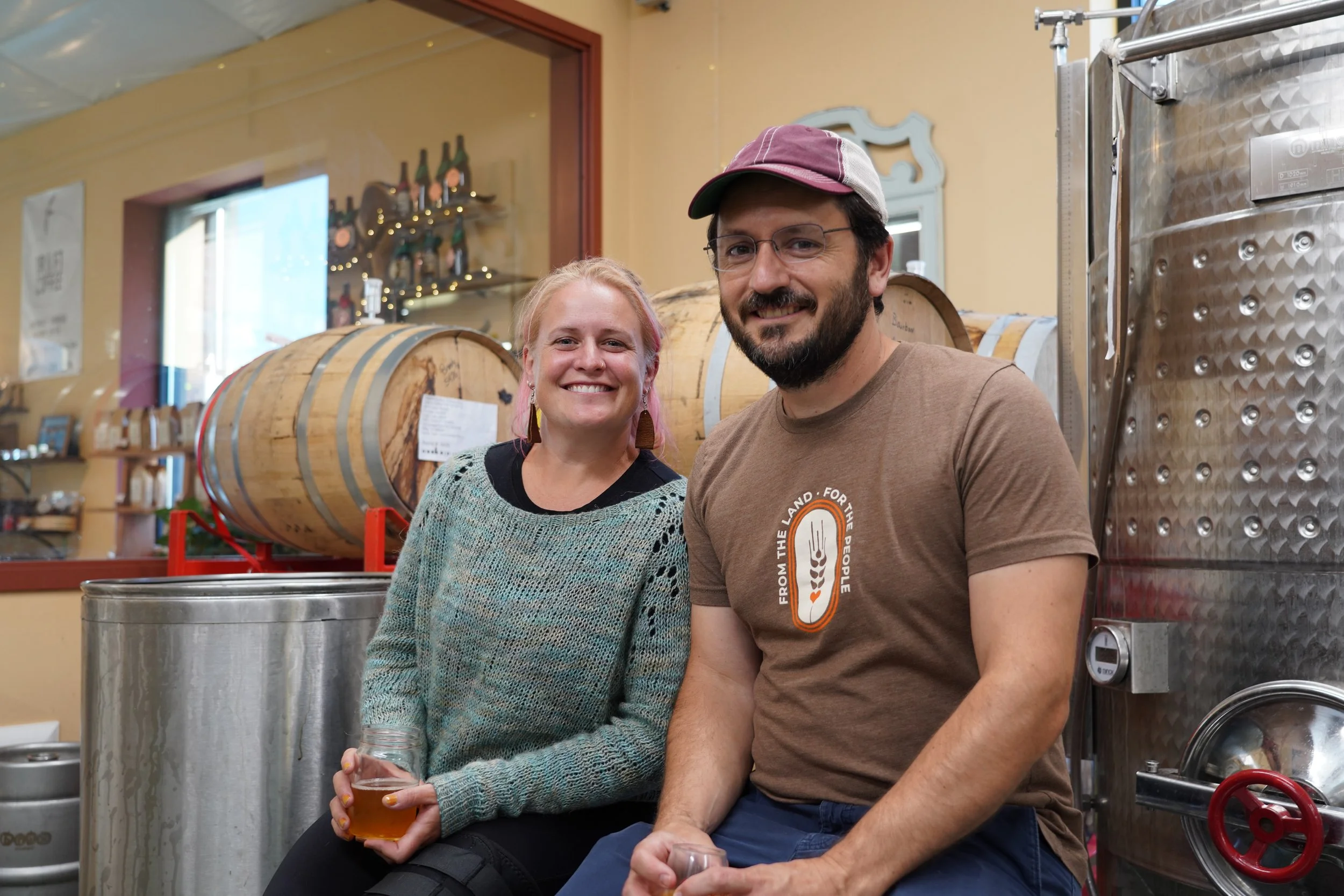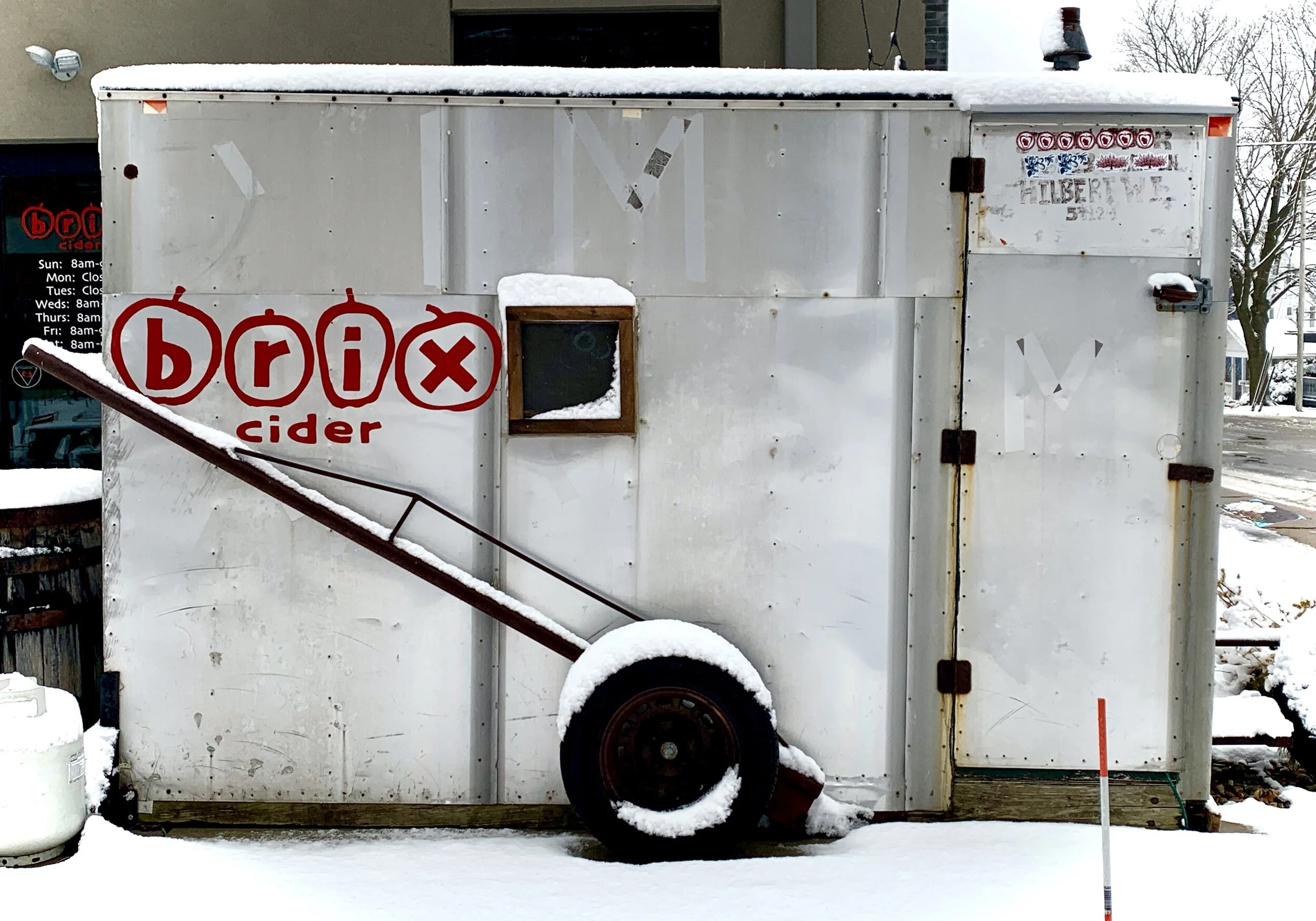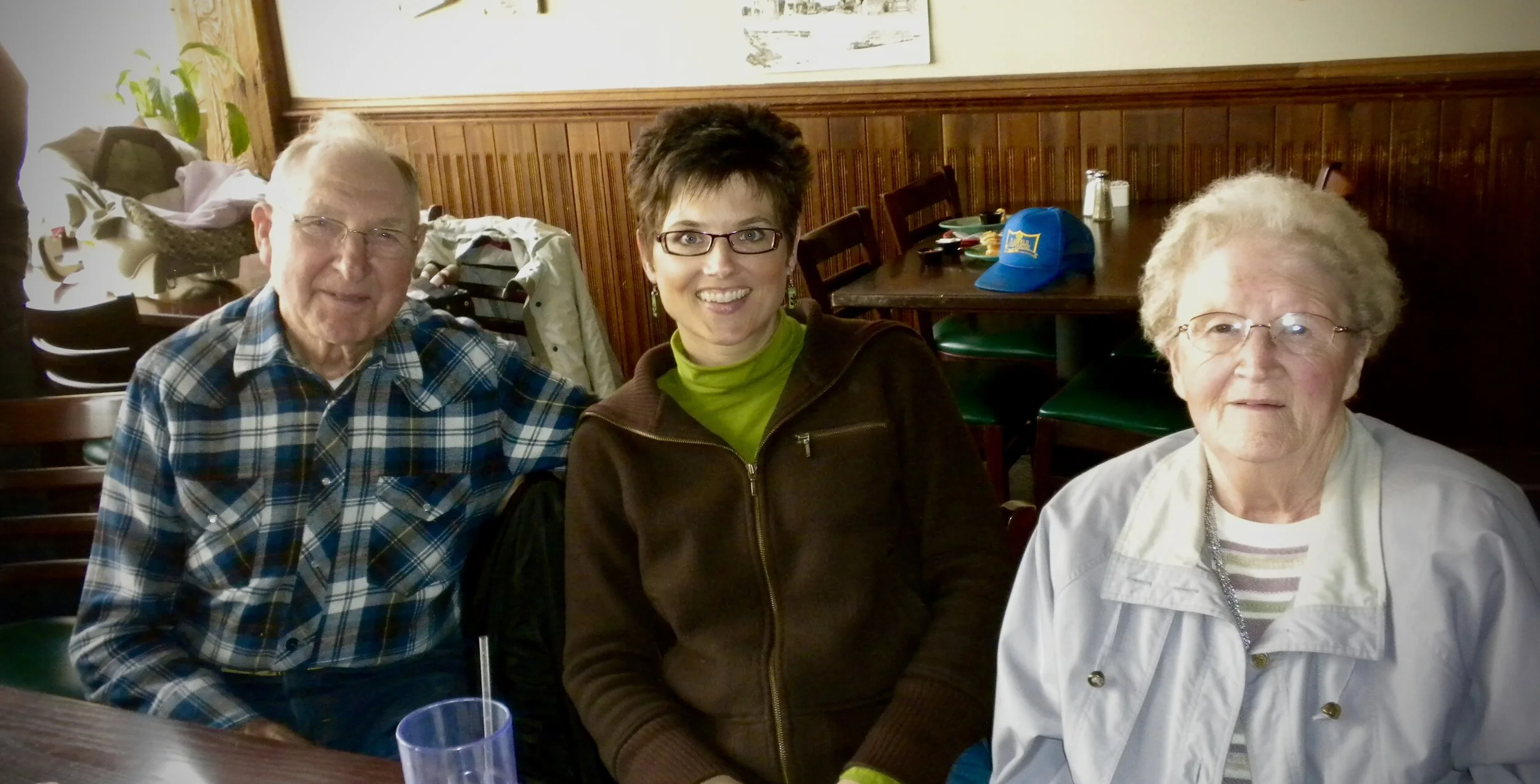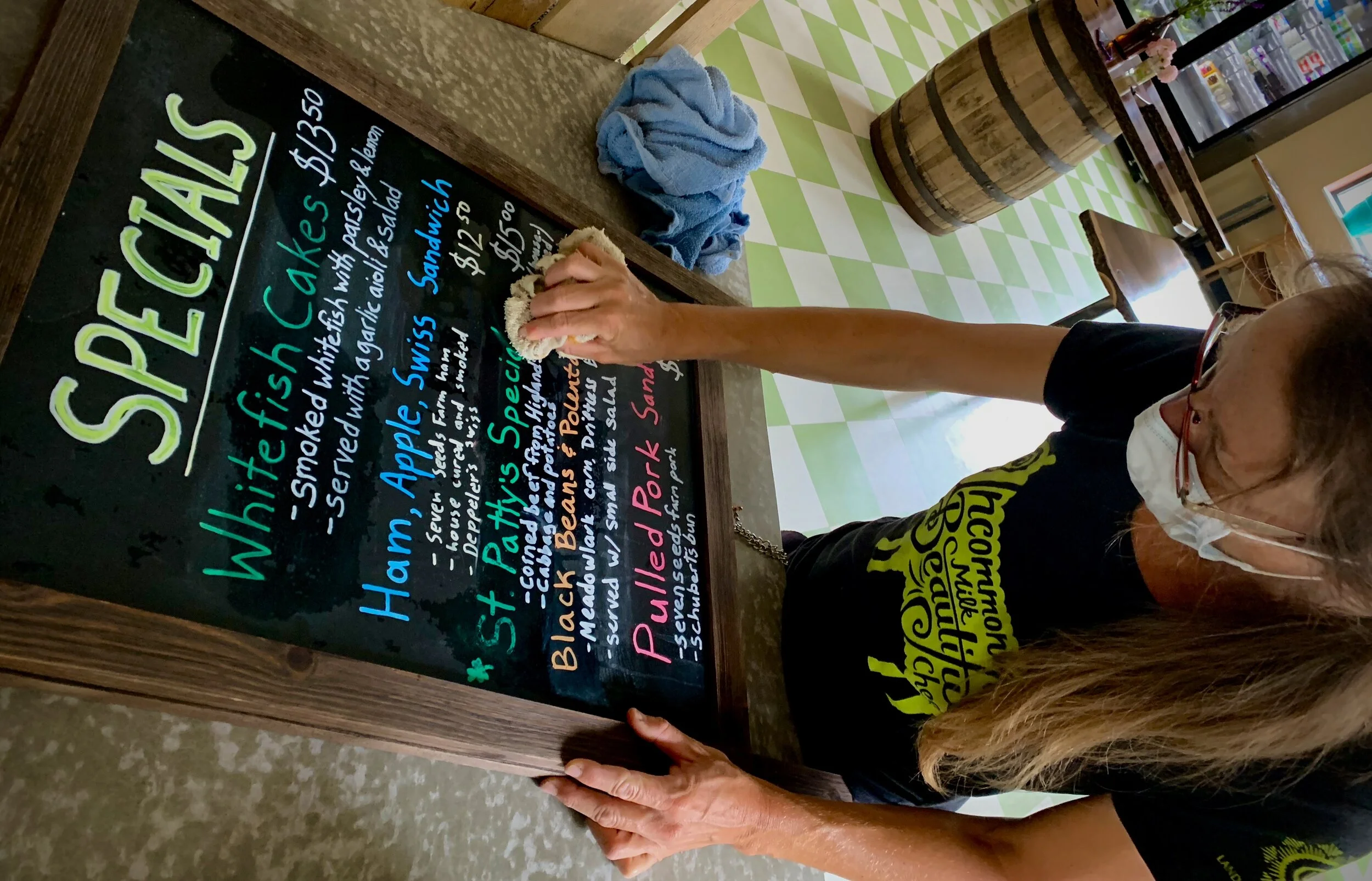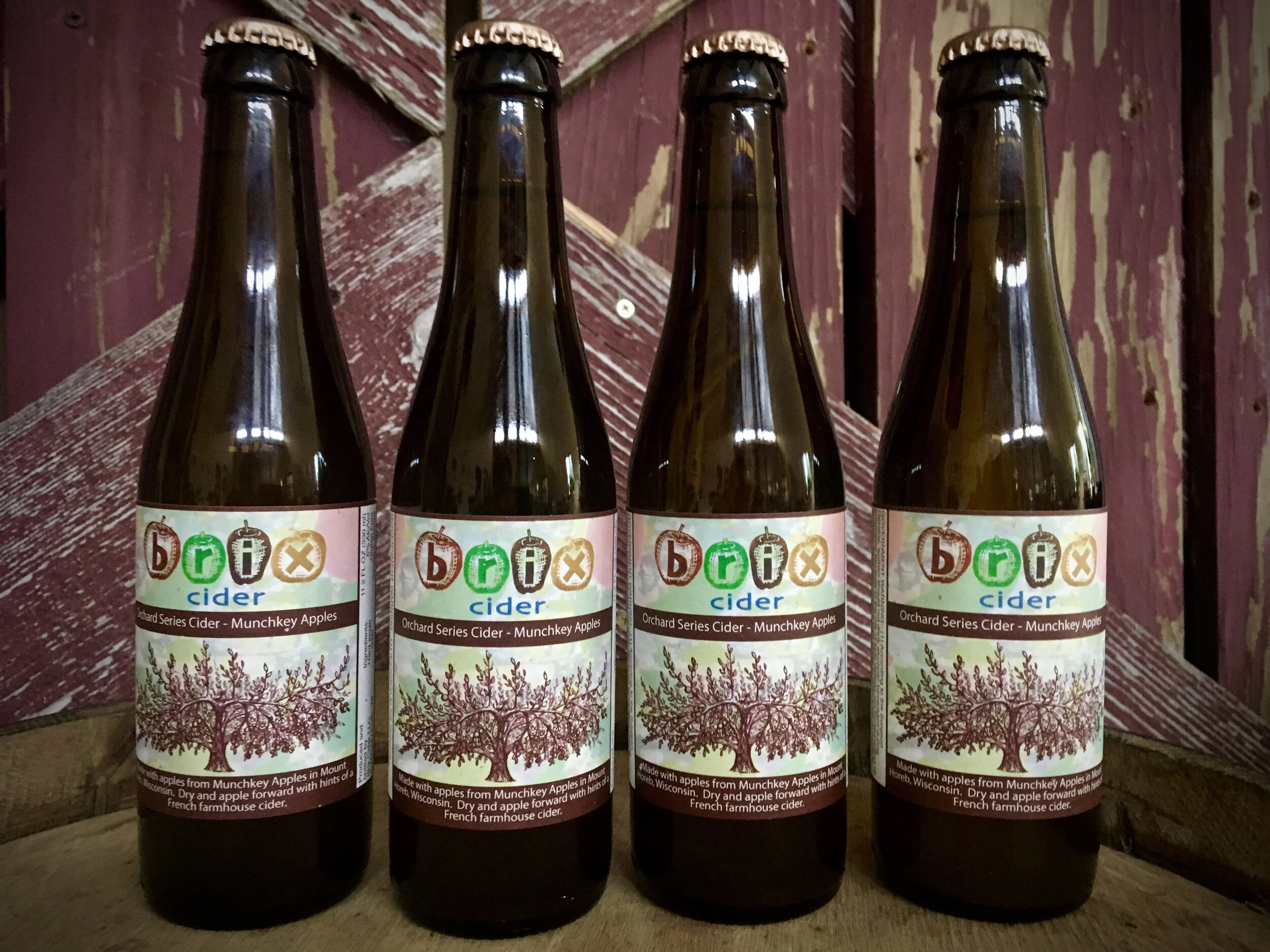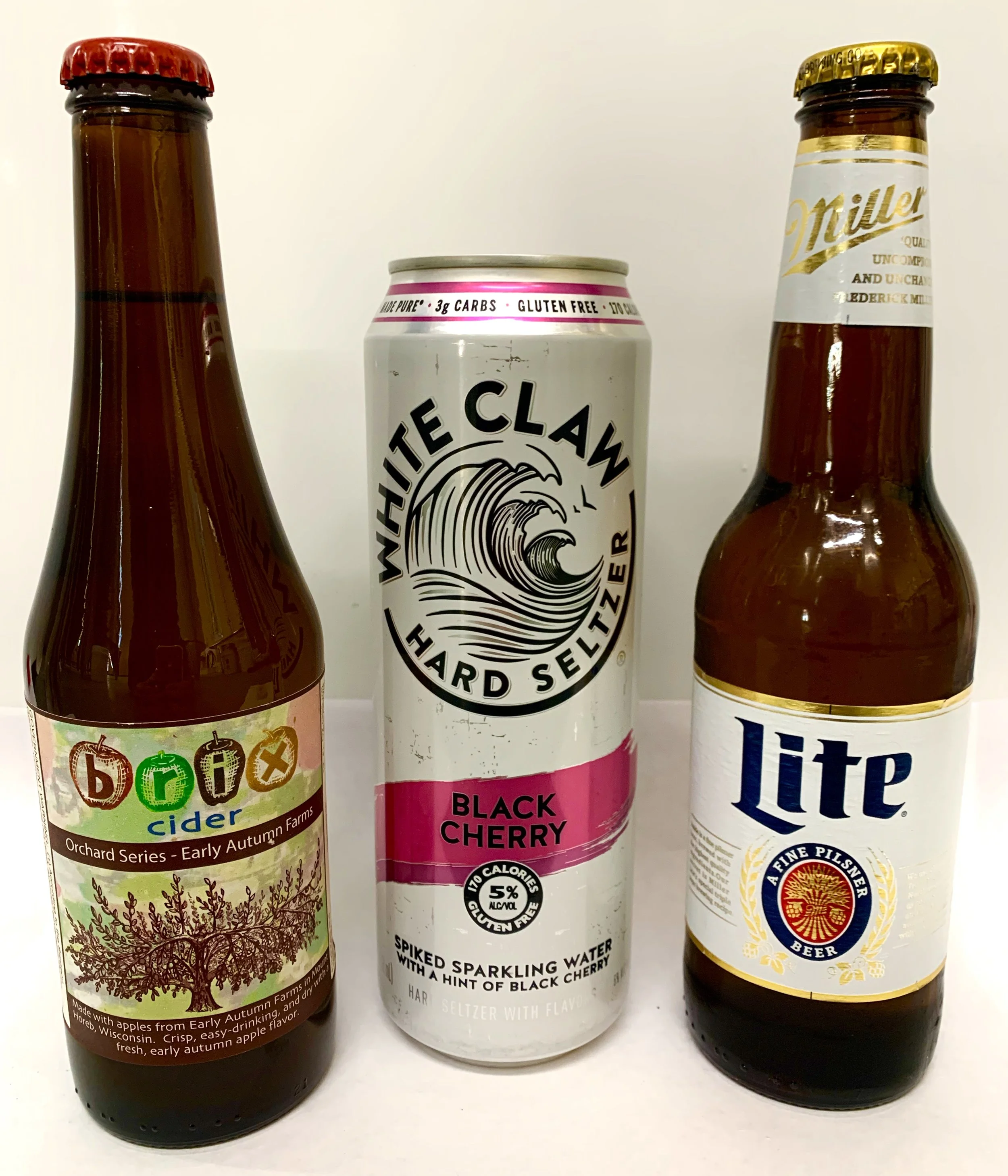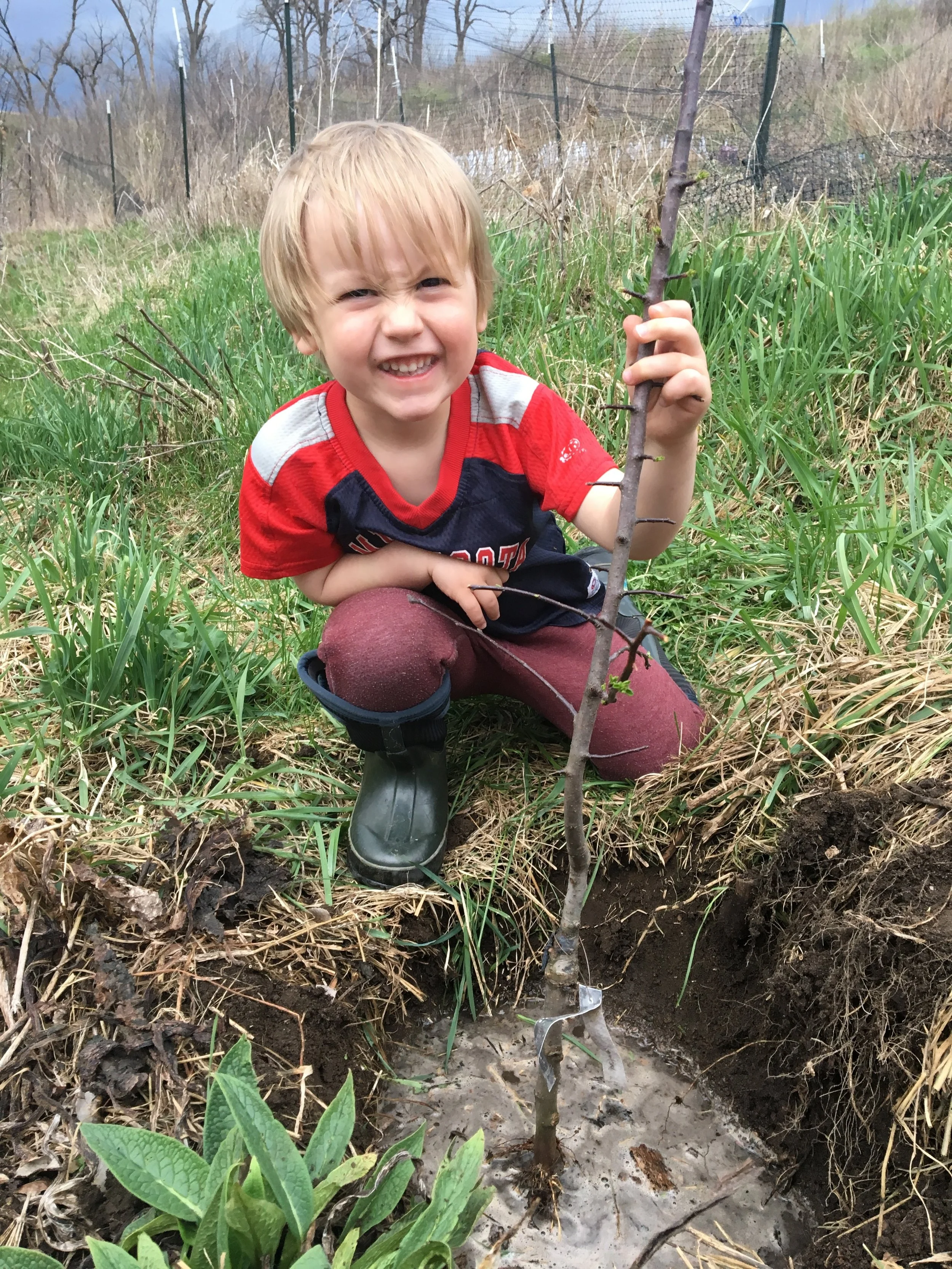A Rare Taste of Midwestern History
Facts, folklore, and mythology often get blurred in the telling of hard cider’s history in America. The often repeated myth is that cider was America’s drink of choice until Prohibition when fervent temperance advocates cut down and burned all of the cider apple orchards. As with most myths, there is a nugget of truth in this one. There are a few documented cases of orchards being burned or cut down by pious apple growers who chose to abstain from participating in a sinful industry, but I have found no solid documentation of widespread orchard destruction during Prohibition.
A handful of statistics from New England colonies do demonstrate that cider production and consumption was a mainstay of colonial life. It is also well documented that countless seedling trees and many thousands of named apple varieties were planted as settlers expanded West through the 1700s and early 1800s. In many parts of the country cider was the common person’s cheapest, safest, and most readily available drink. It was a frontier drink and a drink for small family farms in an agrarian world.
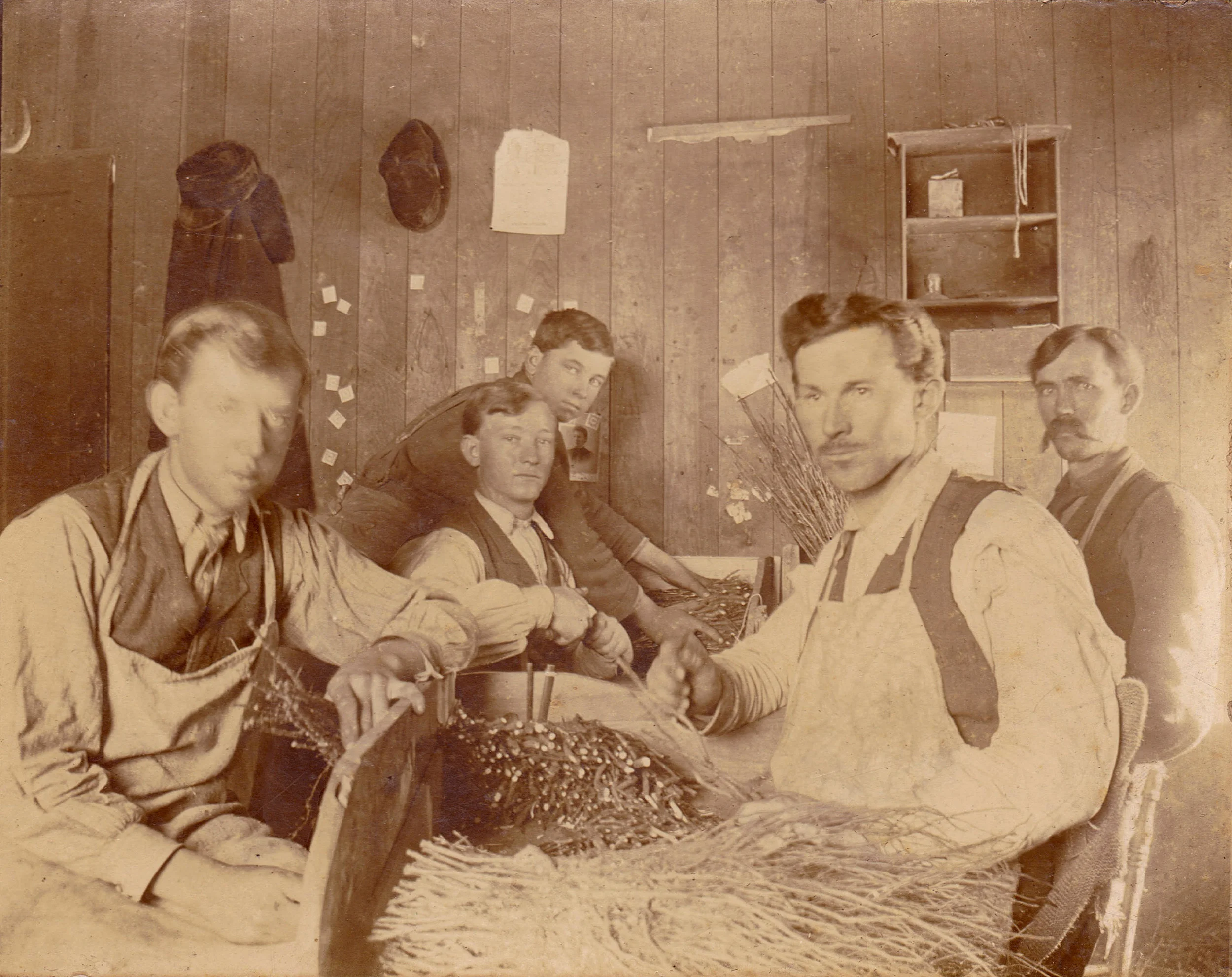
Above: Green Hill Nursery in Milton, Wisconsin circa 1875, showing men grafting apples. One of the men pictured, John Plumb, was the son of Joab Plumb who likely planted the first Plumb Cider Apple in Wisconsin.
The quality of cider certainly varied, with some early connoisseurs extolling the virtues of certain cider apple varieties while other writers bemoaned the lowly peasant beverage.
Instead of angry mobs of prohibitionists chopping down trees (which is a fun story) the fall of hard cider seems to be one of economic and social factors playing out throughout the 1800s and into the early 1900s. As the nation industrialized, beer became more economically attractive. Grain was less perishable and easier to ship and store for mass production in a factory setting than apples. Tractors made grains easier to grow with greater economies of scale. As farms grew and became mechanized and as people moved to cities, small scale farmhouse ciders gave way to more industrial beers. Waves of German and Irish immigrants also brought beer making traditions, and cider’s prevalence in America slowly faded.
Of the many thousands of apple varieties that were once grown and used for cider making, relatively few remain. Most of the heirloom and antique apple varieties that can still be found are not necessarily cider specific apples. It’s particularly hard to find heirloom cider apples of Midwestern origin.
We’ve “discovered” a few exceptions at Albion Prairie Farm. This orchard has a one of a kind collection of uncommon, mostly older cider apples planted by apple historian Dan Bussey. In evaluating the cider made from 40 apple varieties (see our Single Varietal Cider Evaluations) a couple Midwestern apples from this orchard caught our attention - they went by the names of Garfield and Minkler. Both of these apples have Midwestern origins that go back to the early 1800s, and both of these apple varieties tested with higher tannin levels than one sees with eating apples. Tannins tend to provide some complexity to ciders, often in the form of bitterness or astringency that aren’t typically looked for in eating apples. The date of the origins of these apples along with their relatively high tannin levels suggest a history of use in Midwestern ciders from the early 1800s.
On Friday, August 9th, we’ll be releasing a very small batch of cider made only with Garfield and Minkler apples. We can’t truthfully tell the story that these trees were lucky survivors of Prohibition orchards being burned to the ground, but for folklorists, history buffs, and cider geeks, this is a unique opportunity to enjoy a taste of Midwestern history.
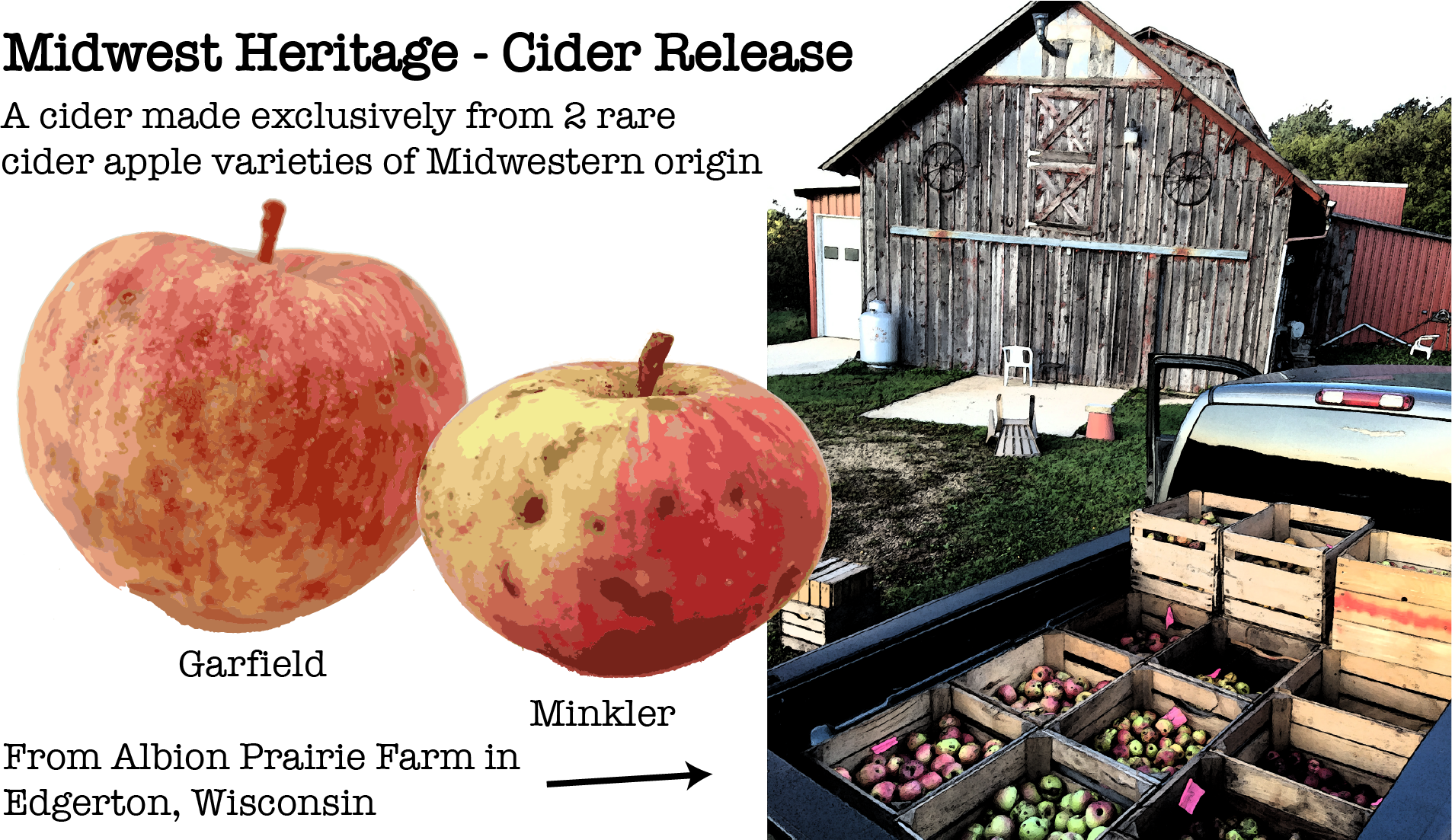
Above: Our Midwest Heritage cider release will be on Friday, August 9th with live music from Van Orman and Helwin
